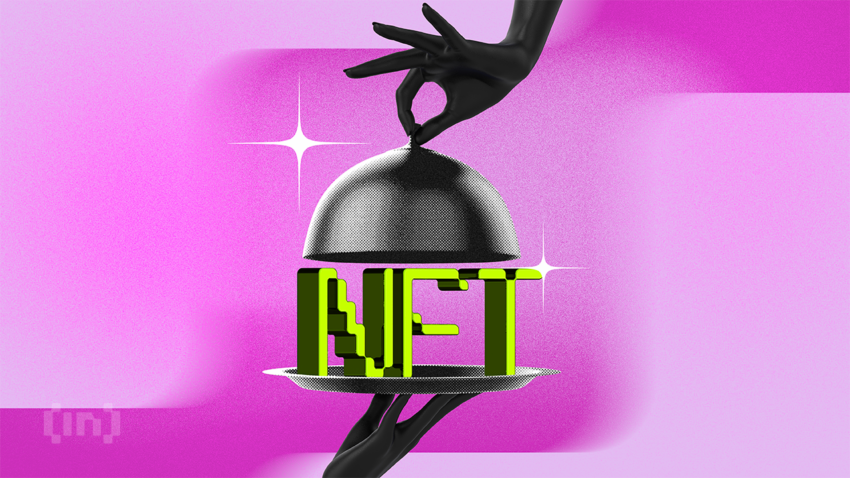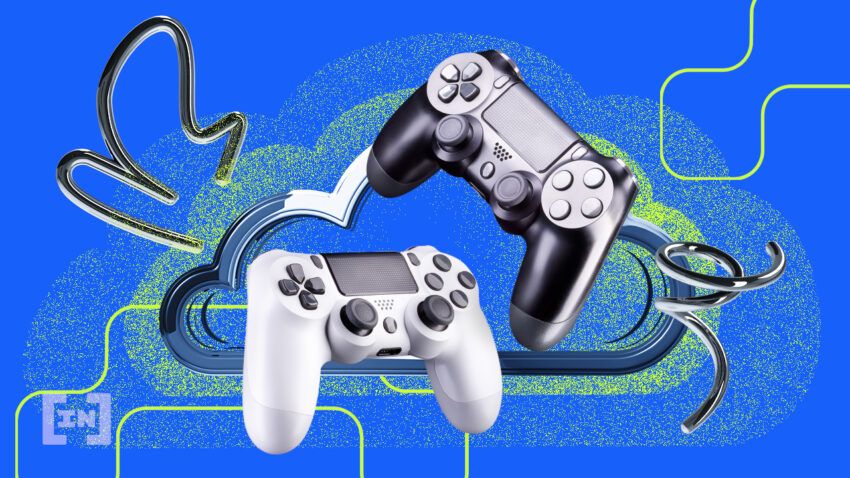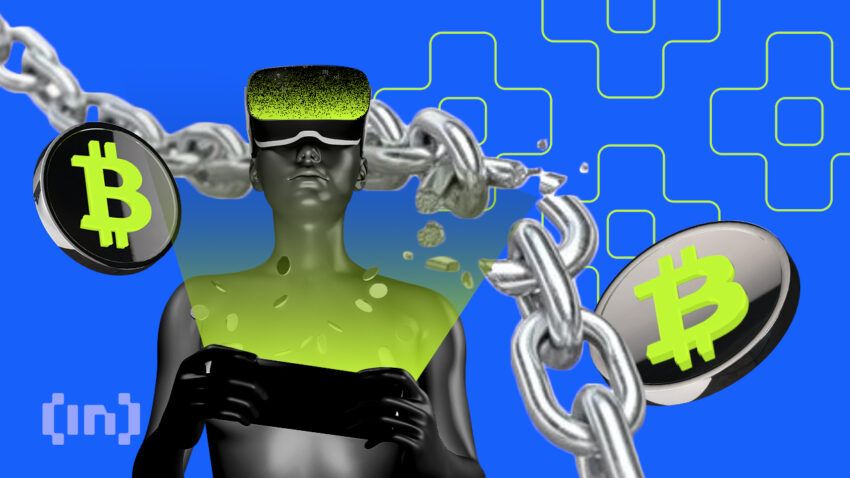The once-niched gaming world and its very peculiar demography are completely metamorphosing and adapting to blockchain technology and its immense potential. While “play-to-earn” models have understandably garnered the most attention, the impact of blockchain reaches far beyond mere financial incentives. A paradigm shift is what we are witnessing.
Blockchain goes beyond financial incentives, enabling ownership, interoperability, trust, transparency, and impactful community-driven development. It is no longer fancy to own cartridges and controllers because the future of gaming is being built on the blockchain, and this is an adventure beyond what any pixelated screen could ever offer you.
It isn’t about grinding for gaming assets, it’s about owning them, wielding them across gaming worlds, and reshaping the way gameplay is experienced. In this article, we’ll delve into the diverse ways blockchain technology is revolutionizing the gaming industry, unlocking captivating possibilities for players, developers, and the industry.
Ownership and scarcity
Remember the days when you played games dedicatedly and meticulously upgraded your avatar only to see it disappear when the game servers shut down? That feeling of fleeting ownership is something blockchain-powered gaming has erased. Blockchain’s immutable ledger empowers players with verifiable ownership of virtual items.
Imagine wielding a legendary sword in a game that you can transform from just pixels and excitement into a prized possession, imbued with digital ownership and tradable on decentralized marketplaces. Just like that, your virtual possessions hold real value, fostering a sense of pride and investment in your digital identity. This shift towards true ownership is transforming the industry, with the market for utility-driven Non-Fungible Tokens (NFTs) estimated to grow by 35% to $13.6 billion by 2027.

Blockchain technology also enables a true sense of scarcity via the creation of scarce assets represented as NFTs. The limited supply of NFTs ensures their rarity and value, just like limited editions of comic books or games. Imagine owning a unique spaceship in a space exploration game, knowing only a handful of others —or none — exist in the entire game’s ecosystem. This scarcity adds a layer of excitement and exclusivity, fueling a thriving digital economy where players can truly own and monetize their in-game achievements.
Games like Citizen Conflict are a good example of such NFT-based game model. This model allows players to interact with unique digital assets, which demonstrates the broader trend of integrating blockchain technology into gaming to enhance ownership and value.
Interoperability
Blockchain-based games are shattering boundaries. They are allowing players to move their assets and achievements across different platforms. This was unthinkable some ten years ago. But in an era of interoperability, you can now flourish in a vast interconnected ecosystem of games with the assets you own. Imagine utilizing resources you’ve gathered in a thriving virtual farm to build your dream home in a bustling cyberpunk metropolis.
What used to be a fantasy is now reality. One fueled by blockchain technology. With the help of standardized protocols and tokenized assets, different block-based games can connect and interact, creating a seamless experience for players and unlocking a universe of possibilities.
Interoperability fosters a richer, more interconnected gaming ecosystem, breaking down barriers and creating exciting possibilities for collaboration and innovation. With the global blockchain gaming market projected to grow from $154.46 billion in 2023 to $614.91 billion in 2030 at a CAGR of 21.8% during 2023-2030, interoperability is poised to play a vital part in this market.
Democratizing the developer dream
Traditionally, game development has been an exclusive club where wealthy technology companies play. The blockchain has decentralized the field and empowers independent developers and communities with innovative tools and funding mechanisms. Decentralized Autonomous Organizations (DAOs) allow passionate groups to collectively fund and govern game development, fostering greater transparency and shared ownership.
Imagine a community funding and actively participating in the development of a unique game, fueled by collective passion and the blockchain’s inherent transparency.

In March 2023, the value of DAOs reached a record $25.1 billion. This immense value is paving the way for diverse and innovative experiences driven by the power of community. Beyond funding, this democratization empowers independent minds to bring their visions to life. It creates a future where anyone with a spark of creativity can join the game development revolution and improve on the models already existing like play-to-earn, NFTs, etc.
Transparency
We are fast moving away from the era of blindly trusting in developers. That era is being replaced by an era of transparency and trust built on the immutable foundation of blockchain technology. The blockchain transparently displays every random number generation algorithm and every governance decision.
It is this transparency that the blockchain is bringing to the gaming industry. With every action and transaction verifiable on the blockchain, players can gain unprecedented insight into the inner workings of the games they play. This eliminates concerns about manipulation and pay-to-win mechanics, fostering a level playing field where skill reigns supreme.
Players now no longer have to blindly accept hidden mechanics. They can actively participate in shaping the game’s future through on-chain governance proposals and transparent decision-making processes. This collaborative approach proves how the blockchain paves the way for a gaming future built on trust, transparency, and empowered communities.
New play models
Beyond just grinding and finding excitement, blockchain opens doors to innovative play models beyond just play-to-earn. Guilds are forming and pooling resources to tackle challenging in-game tasks as seen during the period when Axie Infinity was a prominent game in the industry.
Players can get exclusive access to content or early game participation through subscription models. Tokenized economies can reward players for contributing to the game world. These diverse models cater to different player preferences and create exciting new ways to engage with games.
Conclusion
The blockchain, especially its integration into the gaming industry, is still in its early stages. This means that challenges remain, and there are scalability, regulatory uncertainty, and user education hurdles to overcome. Yet, the potential is undeniable. By fostering ownership, interoperability, and community-driven development, blockchain has the power to reshape the gaming landscape, creating a more inclusive, transparent, and exciting experience for players and developers alike.
Disclaimer
In compliance with the Trust Project guidelines, this opinion article presents the author’s perspective and may not necessarily reflect the views of BeInCrypto. BeInCrypto remains committed to transparent reporting and upholding the highest standards of journalism. Readers are advised to verify information independently and consult with a professional before making decisions based on this content. Please note that our Terms and Conditions, Privacy Policy, and Disclaimers have been updated.


